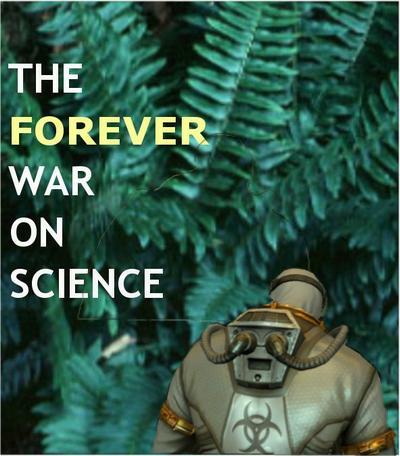Activist Reasons To Ban Pesticides Are Eerily Like Anti-Vax Claims
Imagine I mention that a small group of people not only distrust science and technology despite thorough testing by government scientists, they don’t trust it because it was tested by the government. They are willing to put everyone else at risk because they believe government is colluding with corporations and lobbyists.
Without any other insight, a New York resident might think I am talking about Florida and COVID-19 vaccines. Yet the state that not only distrusts perfectly safe science and technology, but is considering outright bans, is New York. The state is considering a ban on agricultural products that have proved to be safe and that helped farmers keep food affordable when nearly everyone else was staying home during the pandemic.
The Assembly’s Environmental Conservation Committee will hear testimony September 20th on legislation designed to ban a critical tool that keeps our food safe from pests and prevents the diseases they carry. Despite the science consensus, one recent op-ed by activist Philip J. Landrigan claimed the proposed bill would “protect our children.”

The term “forever war” was coined by French historian Jules Michelete in 1833, about The Hundred Years War, but the war on science has been going on far longer.
Not tested enough, rushed to market, companies are in control of the government, etc. It is the same verbiage that vaccine deniers use, and unfortunately has just as much grasp of science. Which is none, just misuse of jargon. Using nothing but vague conspiracy theory, mouse studies using doses that would kill Godzilla, and suspect correlation, Landrigan claims modern pesticides – but not the ones sold by the companies who endorse him – cause birth defects, low IQ, ADHD, autism, you name it and he will find a way to link it to science. Smart people know that when someone tries to claim some salve, ointment or supplement cures everything, it does nothing. The same goes for blaming science for problems that have nothing in common and zero biological plausibility.
The pesticides that Landrigan and his accomplices are trying to ban are next-generation products called neonicotinoids developed specifically to be safer to humans and the environment than older formulations. Instead of mass spraying, these are targeted seed treatments, used to protect plants when they are most vulnerable to harmful insects. As the U.S. Department of Agriculture has proved, modern pesticides like neonicotinoids are 98 percent less toxic than the products used in the 1960s, many of them still certified “organic” today. Yet such older, less targeted products will be what farmers have to use to fight pests if government deprives them of neonicotinoids.
An entire country, Sri Lanka, banned the use of modern pesticides in April and by August were on the verge of economic collapse. Yields plummeted and the price of food spiked upward. That is not a model for New York or anyone else to follow.
And these modern pesticides don’t just help farmers keep food affordable, they save lives. New York has a high rate of tick-borne diseases. Use of neonicotinoids in yards and on flea collars can stop the ticks and the potentially fatal pathogens they spread. Neonicotinoids likewise protect crops against deadly mycotoxins that form on plant tissues that have been damaged by insects and cause up to 28 percent of liver cancers worldwide. That’s on top of ensuring food isn’t spoiled before it has a chance to reach the supermarket.
Just like with COVID-19 vaccines, lawmakers need to remember that EPA meticulously evaluates the science before a product is brought to market—and regularly reviews it afterward. Career government scientists, who are doing their jobs regardless of who is in the White House or controls Congress, have evaluated these products for decades and found them safe. Each time they come up for re-registration, based on in-depth, expert reviews, the agency then dictates how pesticides can be used, when, and by whom. The state Departments of Environmental Conservation and Health also closely regulate their use.
Public safety and farmers’ ability to grow enough quality food to feed everyone requires that neonicotinoids remain available in New York. To pass laws overruling science is a dangerous precedent at a time when we need for people to heed the consensus on climate change and infectious disease. And it is also reckless. We have all seen what happened to their CO2 emissions when activists got government to ban both nuclear energy and natural gas hydraulic fracturing.


